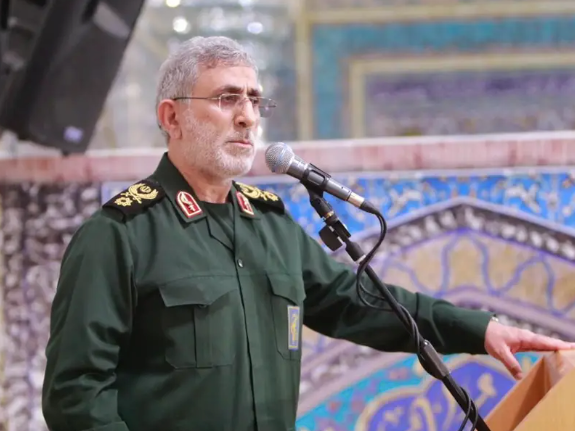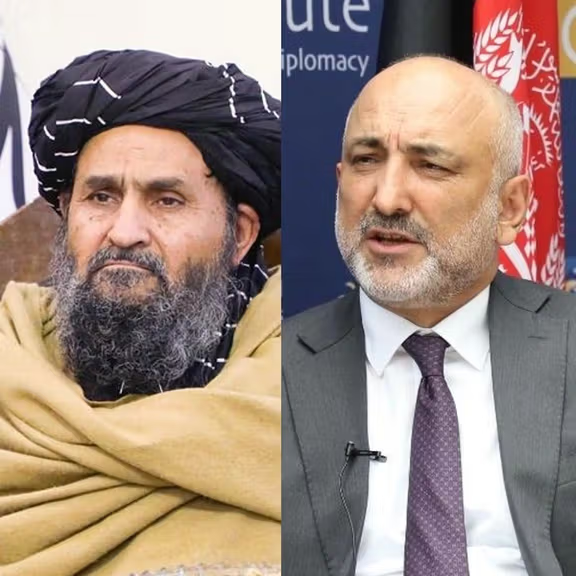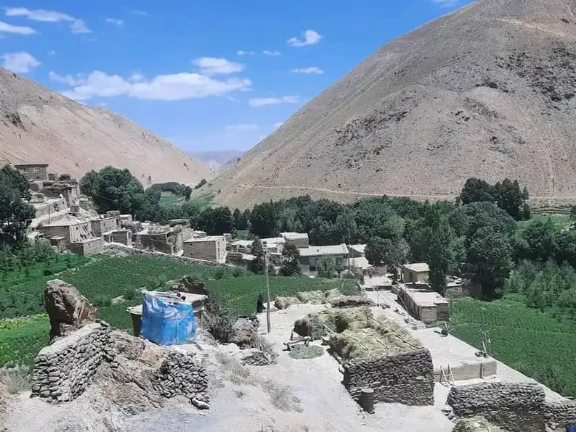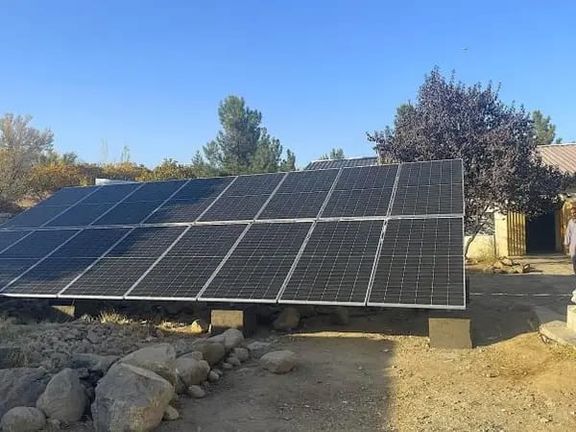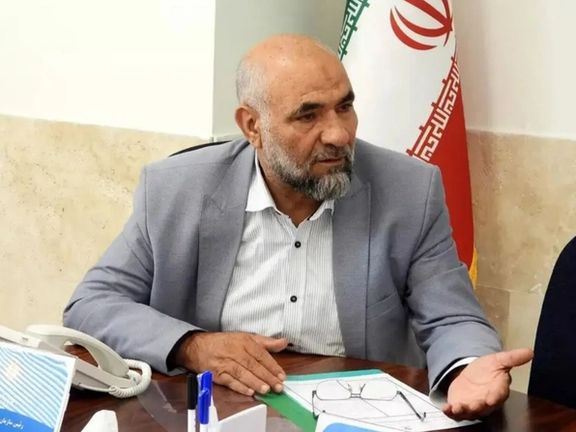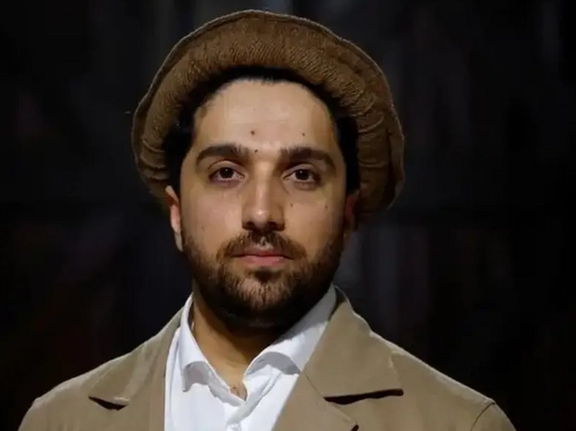Meanwhile, Massoud stated in a recent interview that the United States opposes his presence in the country.
On Tuesday, July 16, in an interview with Shawn Ryan on YouTube, Massoud mentioned that he believes the US government does not want him to go to the US, stating that he had not observed any indication from them to invite him there and listen to his words.
Ryan, who published the interview with Massoud on his YouTube channel, said that the US placed the NRF leader on its blacklist to prevent his travel to the country.
So far, the US State Department has not reacted in this regard.
He stated that his initial strategy had been to fight until the last moment in Panjshir, aiming to die in a painful way so that, through this tragedy and sacrifice, he might provide his people with a reason to rise up.
The leader of the NRF said that in the past year and a half, none of their members have been killed nor taken prisoner, and their operations against the Taliban have been very successful.
Massoud continued to warn of the dangerous consequences of US financial aid to Afghanistan under Taliban rule. He said that the Taliban have created 900 non-governmental organisations to use US financial aid.
The US government and other donor countries have said that their financial aid, which amounts to more than $2 billion over the past three years, has been provided through humanitarian organisations solely to meet humanitarian needs.
However, the United Nations has warned that global aid to Afghanistan has decreased.
Massoud claimed that the Taliban are building jihadist madrassas with US money. This group has been able to obtain about two and a half billion dollars a year from Afghanistan's legitimate revenues without income from drug trafficking.
He also cautioned about the presence of foreign fighters in Afghanistan, noting that foreign mercenaries enter the country, receive training, and subsequently depart Afghanistan again.
The Taliban have denied the presence of foreign fighters in Afghanistan and stated that they do not allow any group to attack other countries from Afghan soil.
US media reported that Washington is considering cooperation with the Taliban to combat ISIS as an option. Washington sees ISIS as a major threat to its security, and the Taliban also have the necessary motivation to suppress ISIS.
